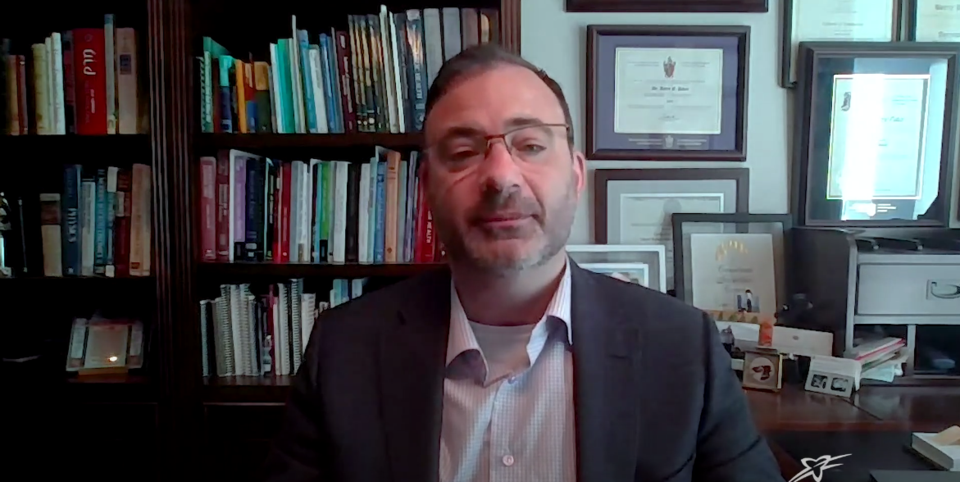COVID-19 trends are looking positive in York Region, and you can expect a normal summer if the trend continues, according to the region's medical officer of health.
Whiel the virus is still highly present in the community, the wastewater signal has stabilized and is decreasing here and across Ontario, Dr. Barry Pakes said in a May 9 video update.
He acknowledged continued hospitalizations and the danger present for unvaccinated and immunocompromised residents, but added that things are looking up.
“It is starting to look more and more optimistic as the spring days change to summer,” Pakes said. “High vaccination rates across our region, as well as many people who have had COVID-19, are turning the tide.”
The region has 87 COVID-19 hospitalizations as of May 6, the highest total since Feb. 6. But after a spike in April, the wastewater signal has declined somewhat, though it remains approximately 40 per cent of the January peak of the Omicron wave.
Pakes said that with warmer weather and the May holiday weekend, more people will gather. He recommended keeping gatherings outdoors when possible and avoiding interactions if you have any symptoms of illness.
“Seeing your loved ones and friends is important for our mental health and our social well-being,” he said. “If you’re ill or have any symptoms, do the right thing and stay home so you don’t infect others. No one wants to pass on a sickness when they’re supposed to be celebrating.”
He said whether you are protected by vaccination or recently contracting the virus, the protection from the infection will wane over time, over three to five months. He said there are signs that the vaccination's protection from hospitalization lasts longer than that, but added those eligible for fourth doses — people age 60 and older and immunocompromised residents— should get one. He said it is important to protect against the current wave and prepare for a future wave that could come in the fall.
Pakes said to continue to use best practices for COVID-19 and to keep a mask on your person for confined spaces.
“If we all play our part, we will continue to decrease the spread of Omicron and look forward to a safe and more normal summer,” Pakes said.



